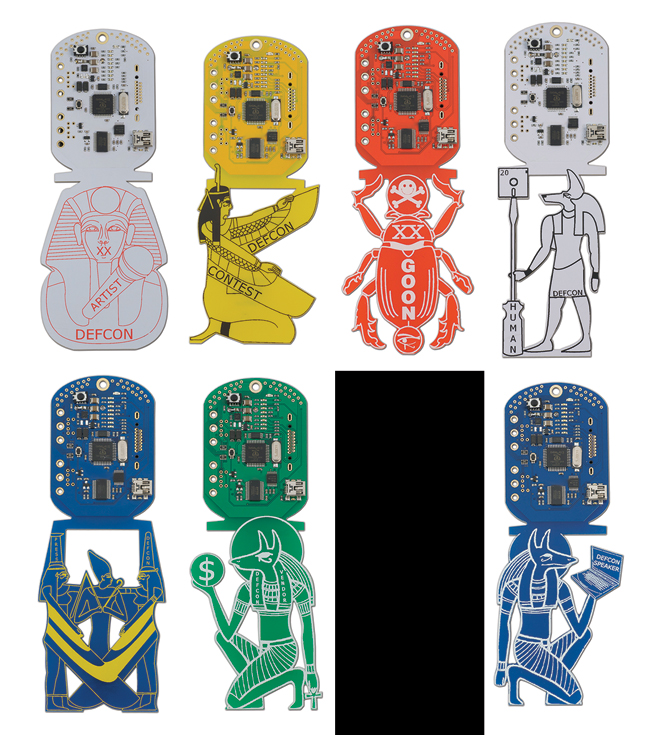
Boston is not an easy city to get to, it would seem. At least out of the University Park airport, which canceled my early morning flight and saw me instead arriving at 3:00pm on the day of pre conference workshops. So began my trip to Campus Technology 2012 – and so much for tightly scheduled plans.
Luckily, day two was far more productive. I attended the keynote session lead by Mark Milliron of Western Governors University. Gary Chinn had mentioned Western Governors to me only a few weeks before so I had a passing knowledge of what the concept behind this online institution was going into the session. Milliron is a very clear and concise speaker and shared a lot of insight with the audience about who our students are now – and who they are likely to be increasingly in the future. The days of teaching to students who walk from their dorms to your classroom during bank hours are not going to end completely, but we should really expect more evening classes, more flexible scheduling of assignments and, most encouragingly to me (since I did school in three years and made my own major), more ownership of educational pathways taken.
It all sounds a bit like what I encounter on campus travel. Many students are employed during the day in various fields (nursing, coal mining, factory IT staff, high school teachers) and are looking to upgrade their careers. Many work odd shifts that require evening classes. They are also engaged in online classes when they can’t find them on campus at convenient times. And all are only interested in learning what they absolutely need to to increase their career hunting capacities and ensure they know what is necessary for their own growth.
What was alarming was the amount of laughter and even derision heard in the crowd at the mention of things like teaching late at night or offering à la carte educational paths. It seemed like folks were aware of the shift coming their way in education but perhaps aren’t willing to accept that it’s not only coming soon but already here in a lot of ways.
All that aside, the rest of Tuesday consisted of some standard issue sessions on re-purposing classroom spaces at Indiana University to promote collaboration (a good session but they included far too many examples – more in depth on one example, particularly the one with no new furniture purchases, would have been better), a student panel on learning with mobile tools (which was hosted by CDW-G and felt a bit too much like a promotional session on their products and services) and a lunch in the vendor hall followed by poster sessions.
It was during a lap around the vendor booths that Hannah and I had a great conversation with the three reps from Media Core. Their product can best be described as Kaltura if remade in Apple’s image. It’s a gorgeous platform for sharing videos within a controlled environment and seems to make managing, encoding and even uploading videos a very simple process for not just the administrative team but also the end users. There’s even a robust iOS app for mobile video sharing. What they lack is an online editor with group collaboration capabilities – but they took our information and let us know that they are looking for pilot testers of exactly that. To say we are intrigued by this is an understatement. I’m not usually one for this sort of vendor interaction, preferring to thoroughly research on my own and then get in touch but I’m glad we stopped by!
The second day was spent listening to Greg Siemens of Athabasca University talking about the history of educational changes coming about because of shifts in technology. He also made clear that we are not just on the cusp of major changes in the way we educate and learn but probably in the midst of the changes already happening. It was a great talk and met with a more subdued and introspective seeming audience. Perhaps it was sinking in?
After a final session on an iPad pilot at University of the Sciences I headed to Boston’s Logan International for my 2:30 departure which would connect to Philadelphia and send me on to State College for a mid-evening arrival – plenty of time to be back for presenting at Learning Design Summer Camp. Except Stormpocalypse 2012 occurred, grounding all planes and royally screwing everything up. 10 hours in the airport, a very late flight into Philadelphia, an overnight stay at a friend’s house, a three hour drive across PA and a lost and found bag later and I finally arrived just in time to miss presenting at LDSC. Ah well – that’s the joy of air travel via State College, I suppose.

